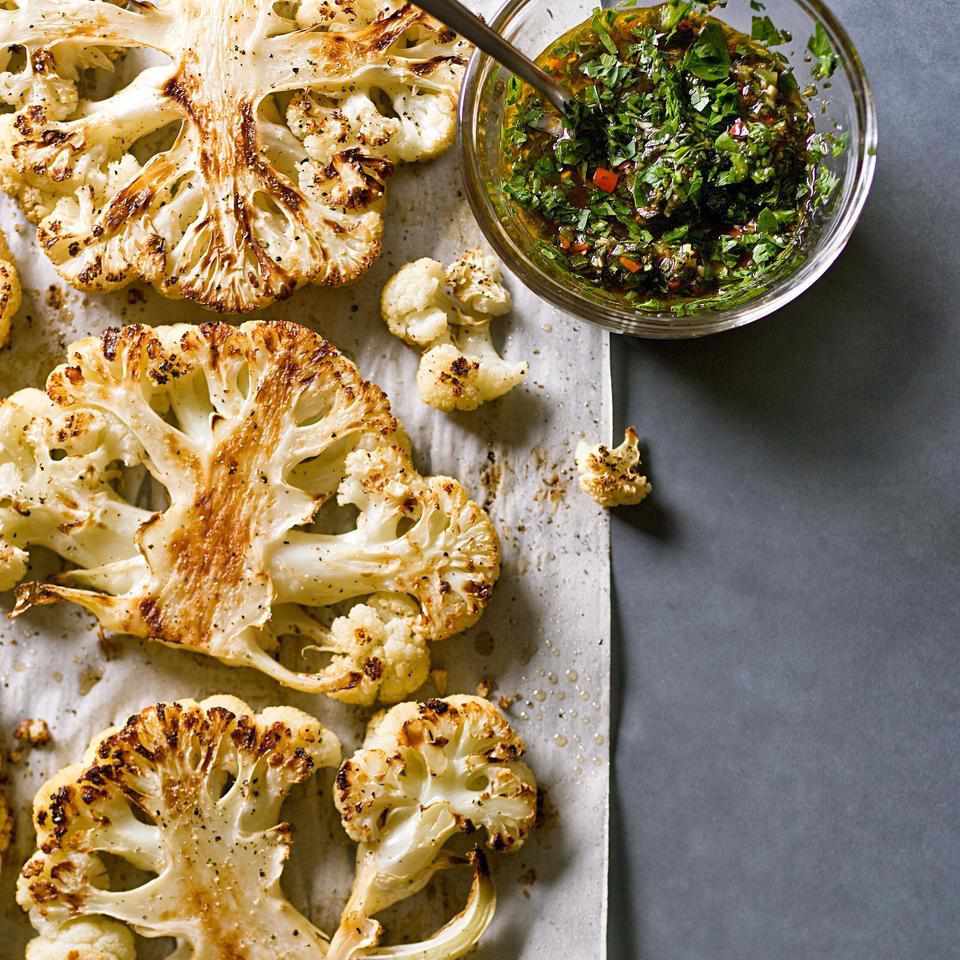How to Feed Your Brain
Samantha Tinsley, MPH, RD
Even though your brain makes up just two percent of your total body weight, it consumes a whopping 20 percent of the energy you take in from food. And to work well, brains need the right fuel.
What we feed our brains can affect our moods, energy levels, and even how quickly we process information. When we give our brains the wrong fuel we may feel fuzzy or slow, and we might even set a course toward brain diseases such as Alzheimer’s. A beneficial diet, on the other hand, appears to protect brain health. For example, studies suggest that people following a Mediterranean diet pattern, which is rich in whole foods and healthy fats, maintain better brain function as they age.
Dietitians agree that a diet rich in whole foods helps our brains thrive now and later. Here’s the research on some of our favorite brain-boosting foods, along with simple, tasty recipes to help you add them to your diet.
Brain Food 1: Blueberries
These berries are often referred to as a superfood, and for good reason. Blueberries contain high levels of plant chemicals called flavonoids. In one study, participants with the most flavonoids in their diets had better cognitive function over a ten-year period than those with the least. In another, daily blueberry consumption was linked to improvements in memory and increased blood flow to the brain.
Tip: Add blueberries to a low-sugar whole-grain cereal, toss them in a smoothie or add them to yogurt.
Recipe inspiration: Oat and Quinoa Porridge with Fresh Fruit

Brain Food 2: Extra Virgin Olive Oil
Extra Virgin Olive Oil (EVOO) boasts powerful compounds that boost brain health. As part of the Mediterranean diet pattern, EVOO has been shown to result in less cognitive impairment in healthy older adults. In other words, more olive oil now might delay the onset of declines in brain function that often occur as we get older. The study compared a Mediterranean-style diet supplemented with olive oil to those eating a low-fat diet.
Tips: Use EVOO as your main fat for pan-frying, sautéing, roasting, and baking. Drizzle it on salads, eggs, and anything else you fancy. For good balance, pair foods prepared with olive oil with naturally lighter fare like fruits and vegetables.
Recipe inspiration: Spinach Salad with Shrimp and Balsamic Vinaigrette

Brain Food 3: Fatty Fish
Regular fatty fish intake has been shown to improve behavior in children and help adults respond better to antidepressant treatment. The high omega-3 content of fatty fish may explain some of these benefits. Fish rich in omega-3's include salmon, cod, herring, anchovies, trout, and sardines.
Tip: Wild-caught salmon from the Pacific is considered the best choice for the environment because it is more sustainably fished and has a larger, more stable population. Farmed salmon, including Atlantic, should be avoided, as it endangers the wild salmon population.
Recipe inspiration: Smoky Maple-Mustard Salmon
Brain Food 4: Avocados
In one randomized controlled trial (the gold standard of scientific research), those who ate one avocado per day had improved memory, attention, and problem solving skills after six months. Avocados may get the credit because they are a highly absorbable source of lutein, an antioxidant that’s good for brain and eye health.
Tip: If you don’t like avocados just yet, learn to appreciate them by sneaking them into other foods. For example, add half an avocado to a smoothie to give it a perfect creamy texture (we promise you won’t taste it). You can also try blending it with some olive oil, vinegar, and fresh herbs in a simple dressing.
Recipe inspiration: Avocado Egg Chilaquiles
Brain Food 5: Cruciferous Vegetables
Kale, cabbage, broccoli, collards, cauliflower, and Brussels sprouts fall into the strong-smelling-but-oh-so-good-for-you group of cruciferous vegetables. These veggies contain powerful compounds that boost the natural detoxification system in the liver. They even promote the body’s own anti-cancer defenses. Recent research suggests one of the compounds found in cruciferous vegetables may actually protect the brain from environmental toxins by increasing the brain’s ability to fight off damaging molecules called pro-oxidants.
Tip: Roasting cruciferous vegetables can bring out their naturally sweet flavors and reduce their bitterness.
Recipe inspiration: Cauliflower Steaks with Chimichurri
Brain Food 6: Coffee
Coffee often gets a bad rap. But in moderation, it may provide important health benefits. One to two cups per day may reduce the risk of dementia and Alzheimer’s later in life compared to drinking none or more than two cups per day. Drinking between one to two cups per day has also been linked to lower levels of depression.
Tip: Don't overload yourself with sugar just to have your cup or two of coffee. Create a lighter latte with these tips.
Fueling our brains with food is a great place to start. It’s equally important to prioritize stress management, physical activity, and sleep. These are all proven to support a healthy brain.

Samantha Tinsley, MPH, RD
Related Posts











